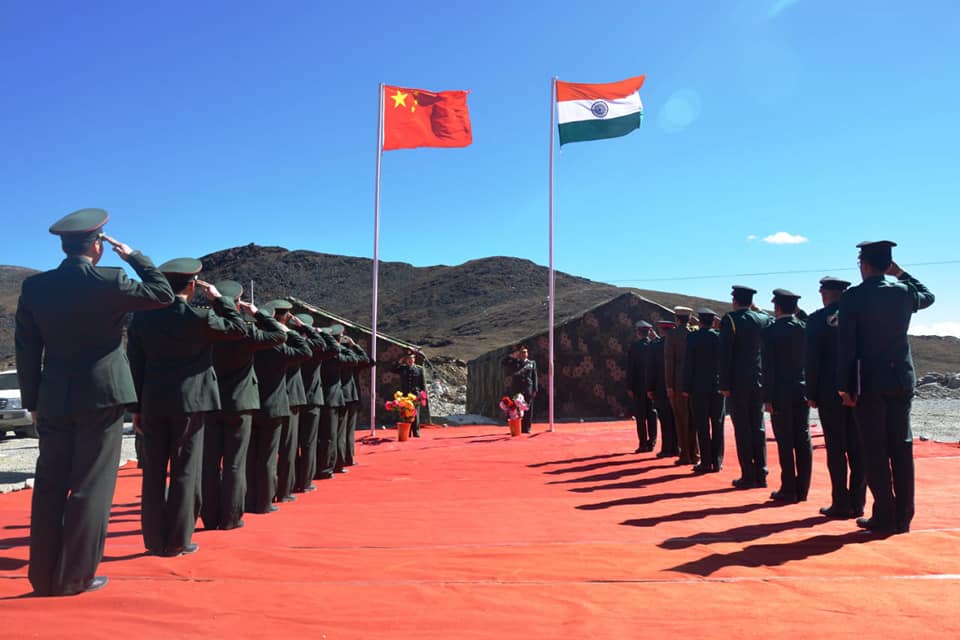
Living with Geopolitical Unpredictability : India’s Current Strategic Challenges
 Thu, 21 Apr 2022
| Reading Time: 7 minutes
Thu, 21 Apr 2022
| Reading Time: 7 minutes

The last two years have seen geopolitical turbulence of higher intensity than what one can remember any time in the recent past. Perhaps the period 1989-91 was comparable, as the Cold War order was then imploding and the Soviet Union was giving way to the formation of 15 independent republics. The First Gulf War had given the US unmatched domination of the world, while rising ethnic-nationalism had produced sub-conventional conflicts in Europe and Africa.
India emerged through that period relatively less affected. It was also the period in which religious radicalism started to come to the fore and we witnessed the initiation of sponsored proxy conflict in J&K as an almost direct result of this. The phenomenon of proxy war continued to remain a high threat for close to thirty years and hasn’t completely receded yet. Through 1989-91 India withstood a major economic crisis when it’s forex reserves plunged to just a bare one billion US $.
It also saw the creation of major geopolitical voids with rush of forces to fill them. That is what initiated the New Great Game in Central Asia. NATO became relatively less relevant, on the lookout for adversaries to justify its existence. Most importantly that was a period in which China was not so acrimonious, although the portents of arrogance had just about begun to surface. India’s focus was on its western borders, internal turbulence and primarily on restructuring its economy in keeping with market norms. We sailed through the transition from the Cold War relatively unscathed.
2020-22 may not be as kind or could be far better, depending on which way you look at the environment. In the last two years, the world has been in a turbulent flux. The Coronavirus pandemic has had a telling effect on national economies of several countries. India’s aspiration of reaching the level of a five trillion US$ economy has had to be delayed. While India did well to contain the negative impact of the inevitable lockdowns, recovery is proving a challenge. Inflationary trends continue due to disruptions in global supply chains in the wake of the Russia-Ukraine war. The energy sector in particular has had a very negative effect and the overall churn in the global energy scene does not seem to augur well.
Economic imperatives drive many geopolitical compulsions and the current trends are not favouring us. The attempted Chinese coercion in Apr 2020 and the chain of events at the LAC since then amply clarified China’s intent of cautioning India on the growing Indian strategic confidence witnessed through some strategic events and decisions taken by the Indian Government. In an adaptation of its wolf warrior strategy, China tried cowing down India so that the latter would shy from playing its rightful role as an emerging big power and a middle power which had already arrived. China’s strategy reflected a lack of understanding of India’s perceived threat perception; a perception which had led India to seek equations and partnerships with relevant nations to bide the transition times to a higher strategic status, based upon comprehensive national power.
It’s from Aug 2021 that international geopolitics underwent a major change. The US withdrawal from Afghanistan readied it to focus on the area of its prime concern; the Indo Pacific. It had already strived to undertake measures to stabilise the Middle East to the extent that it would not erupt dangerously. The Biden Administration’s readiness to engage with Iran was by itself a step towards such stabilisation of the Middle East, besides the Abraham accords signed between the US, Israel and Arab nations such as UAE.
With terrorism on the decline and forces of extremism locked in deadly battles in North Afghanistan, the situation was tailor made for the proverbial US switch to the new pivot in Asia to prepare the grounds for future contestation against China. That is when Vladimir Putin decided to pull the carpet and prevent the further boxing in of Russia, as he perceived. The Russia-Ukraine war has altered geopolitical equations like no other strategic event in years; a pathbreaking event which much like 9/11 has forced a turn in history. It’s just the event which has had such a profound impact that it is difficult to fathom what effect the outcomes will ultimately have.
On the face of it, it seems just another conflict but the war in Ukraine has firstly given greater meaning to NATO. It is providing it the type of unity it could never have achieved after the recent years of bickering over individual national defence budgets and the division of strategic responsibilities. The rejuvenation of NATO is also a result of the fresh threats which Europe now perceives; a hark back to Cold War times and signs of a resurgent Russia.
While China and Europe have had the best of economic relationships, the Ukraine war brings them into indirect confrontation through China’s strong relationship with Russia. The Sino-Russian relationship is of course not cast in stone, but the broad contours of current interest based strategic grouping would force Europe to cast its lot more strongly with the US, thus bringing a clash of interests to the fore. Stretching this clash of interests to the next theatre, in the Indo-Pacific would remain a strong possibility as Europe would probably continue to perceive the situation in the Indo-Pacific as an enlarged extension of the Cold War; the difference being the fact that instead of just the Soviet Union being the adversary this time, it is a Sino-Russia combine.
Although it is tempting to imagine NATO with a potential role in the Indo Pacific it is likely that it will remain restricted to European security and avoid over stretching itself. An extended NATO role in the Middle East could, however, be on the cards.
India’s dilemma remains its compulsion to go along with the US so as not to dilute what has already been achieved in an abiding strategic relationship in the making. It realises its own significance in the strategy that the US wishes to play out in the Indo Pacific. Yet, there is Russia and it needs no great imagination to perceive that Indo- Russian relations cannot just be wished away. Besides the legacy relationship there is the tangible domain of the supply of military hardware, 60 percent or more of which is of Russian origin. Russia’s mere presence in the Asian theatre and particularly its linkages with its southern near abroad region in Central Asia is also an important regional consideration for India. It is well understood that when it comes to the northern borders along the Himalayas India will be alone in its fight, but Russian support would be of great significance in the pressures that can be built upon China.
The Indian dilemma of remaining neutral comes with an informed angle to our commentary on the need for earliest termination of hostilities in Ukraine. This has been accepted as a sentiment of national interest. However, it is not fully gelling with the worldwide sentiment. Snide remarks about India’s expectations of support of the international community in a crisis with China and these expectations not being met, are meant to be low grade diplomatic warnings. This is something India will need to live with, remaining engaged with both camps, the one led by the US and the other by Russia. The clear danger lies in meeting the ire of both without the sentiment of going the full way with either.
In the near future India will be confronted with live issues related to purchase of discounted Russian energy supplies and the continued receipt of the S 400 air defence systems from Russia for which Rs 39,000 crores have been spent. There have been some unthought through advisories to India about US readiness to replace Russian military hardware with western equipment. Such replacements of families and generations of military equipment on which militaries have trained extensively and even fought engagements, are not done overnight.
The US has thus far displayed no signs of slapping the legislation Countering America’s Adversary Threats Through Sanctions Act (CAATSA) on India for not supporting the sanctions against Russia. The recent Indo US Dialogue at 2+2 level got elevated to the level of the Indian Prime Minister and US President clearly sending signals on the degree of importance that the US attaches to the emerging Indo-US strategic partnership. It was a gesture perhaps to woo India away but should preferably not be seen in that light. The seriousness with which the US is approaching its relationship with India must be respected and the Indian Government hasn’t placed one wrong step in the balancing game. Can this be perpetuated endlessly without a tilt to one side or the either is the question. Strategic balance in relationships with big powers is never easy.
At the cost of repetition let it be reiterated that the sentiment being attracted by India is primarily due to two factors. First is the currency and potential of the Indian economy which is at the moment under severe inflationary trends. However, the manner in which it bounced back after taking tremendous beating from the conditions let loose by the pandemic, seems to add value to the potential of its return to vibrance. The Chinese economy on the other hand is currently showing early signs of losing stamina. The second factor is the geo-strategic location which affords it and its partners the opportunity to dominate the sea lanes in the Indian Ocean which carry China’s energy and the containers of its manufactured products which form its exports.
In the wake of the war in Ukraine, China will have to reconsider and review its own war winning capability. It cannot risk defeat or even stalemate because its dreams of empire rest on military domination. A military setback will sap confidence and push its intended rise to superpower status well beyond the ambitious dates it has set for itself. Initial analyses in Feb 2022 pointed to a potential operation to wrest Taiwan even as Russia was tackling Ukraine. The Russian setback should caution China against misadventure.
The emerging situation provides India with sufficient opportunity to leverage strategic advantage by working on the doubts created in China’s psyche. We can afford to be more aggressive in a calibrated way at least on the areas illegally occupied by China. The failure of Chinese economic efforts to cultivate the South Asian neighbourhood must also be exploited; both Maldives and Sri Lanka are providing great opportunities which India is already handling well. The measures must all aim at the long term to be strategic in nature. Bangladesh’s economy too is not highly stable and sooner than later India may have to step in with a bail-out package.
Pakistan is proving to be a basket case and change of government must again be viewed as opportunity. Without compromising on basic values laid down for functional relationships, India may yet be able to ensure that the ceasefire sustaining at the LoC continues to remain intact since Feb 2021.
Lastly, India must not lose the advantage of the threshold status it has achieved against the run of play. Internal security too must be tightened and communal amity promoted. India cannot afford to be strong externally and brittle internally.
***************
Disclaimer
The opinions expressed in this article are the author’s own and do not reflect the views of Chanakya Forum. All information provided in this article including timeliness, completeness, accuracy, suitability or validity of information referenced therein, is the sole responsibility of the author. www.chanakyaforum.com does not assume any responsibility for the same.
Chanakya Forum is now on . Click here to join our channel (@ChanakyaForum) and stay updated with the latest headlines and articles.
Important
We work round the clock to bring you the finest articles and updates from around the world. There is a team that works tirelessly to ensure that you have a seamless reading experience. But all this costs money. Please support us so that we keep doing what we do best. Happy Reading
Support Us





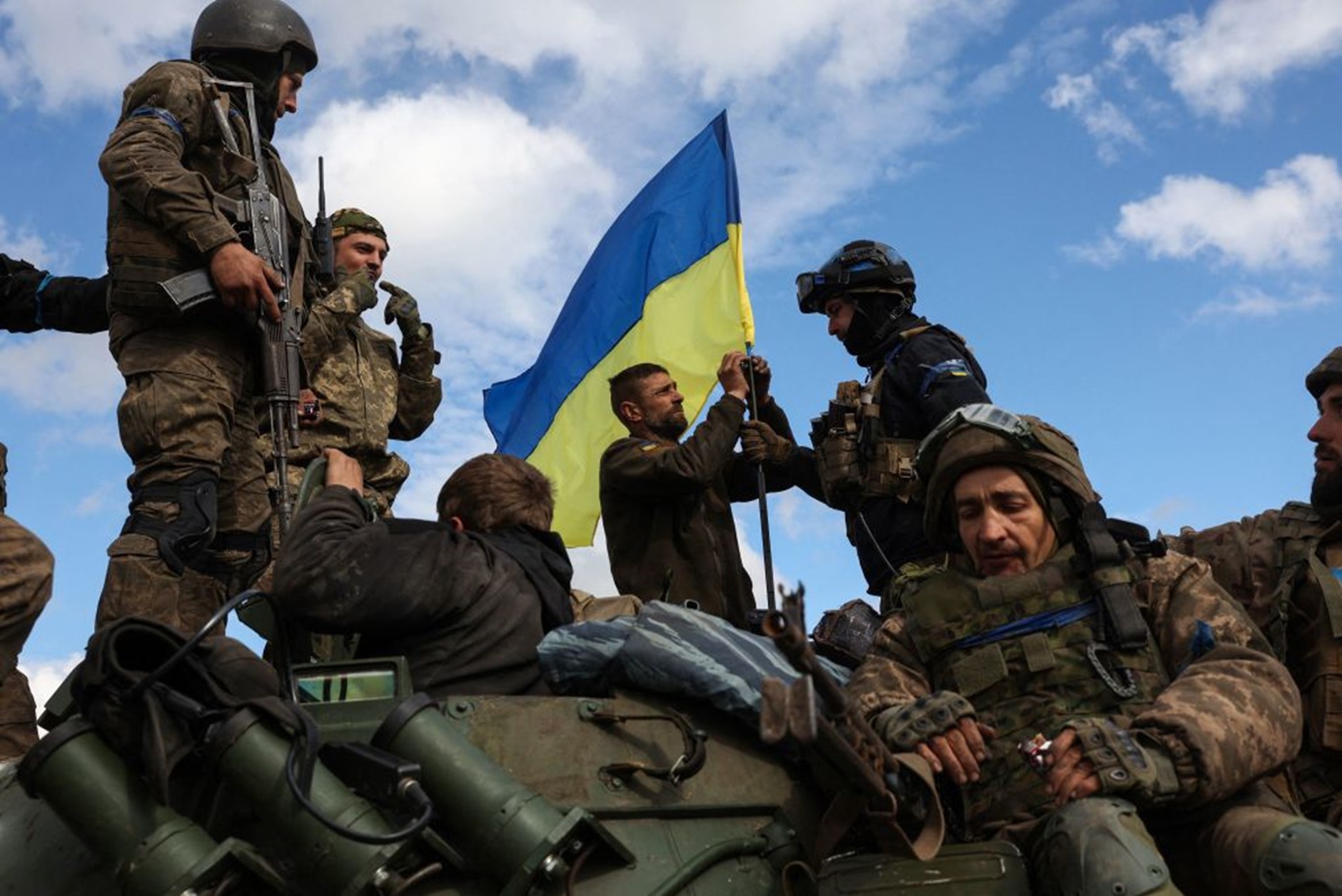
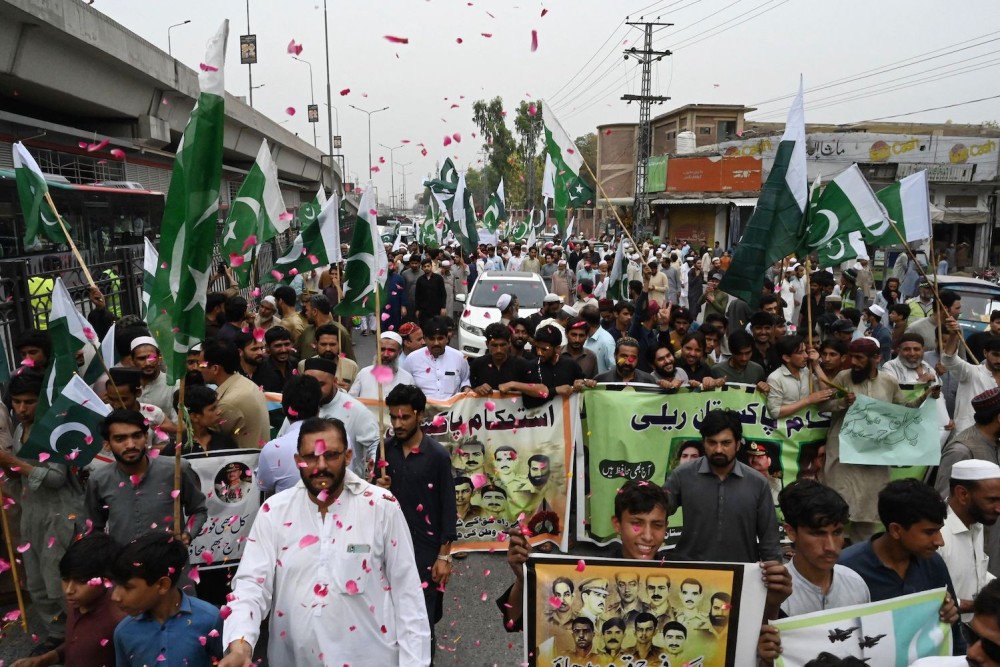
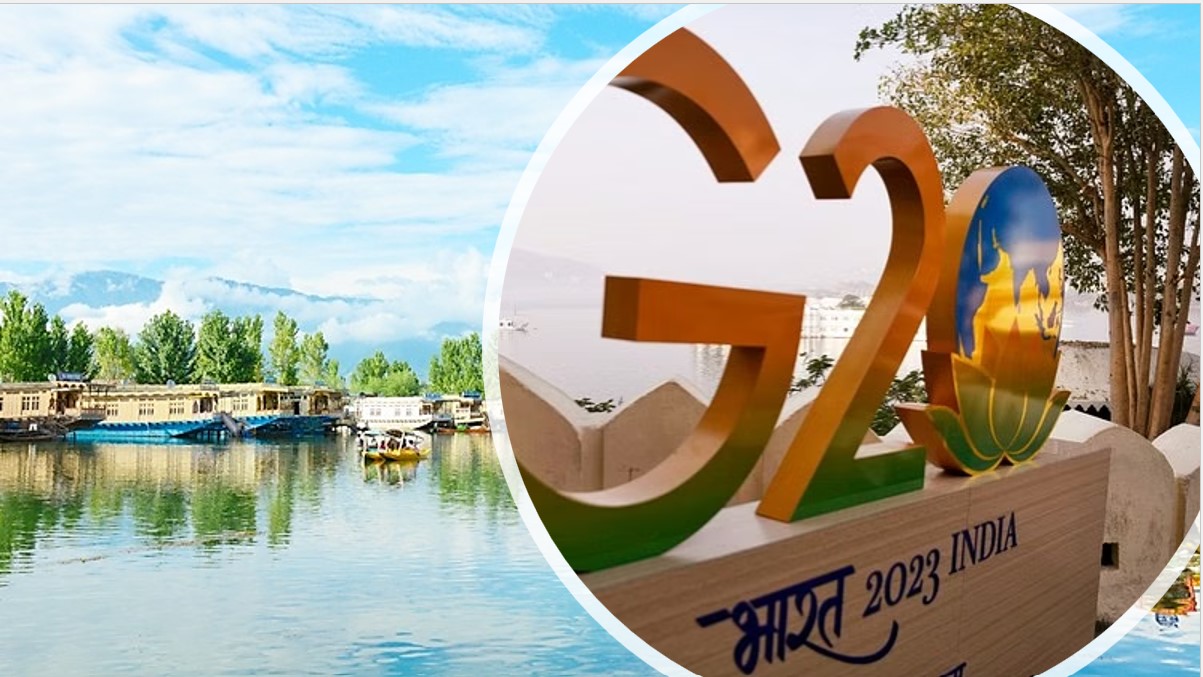
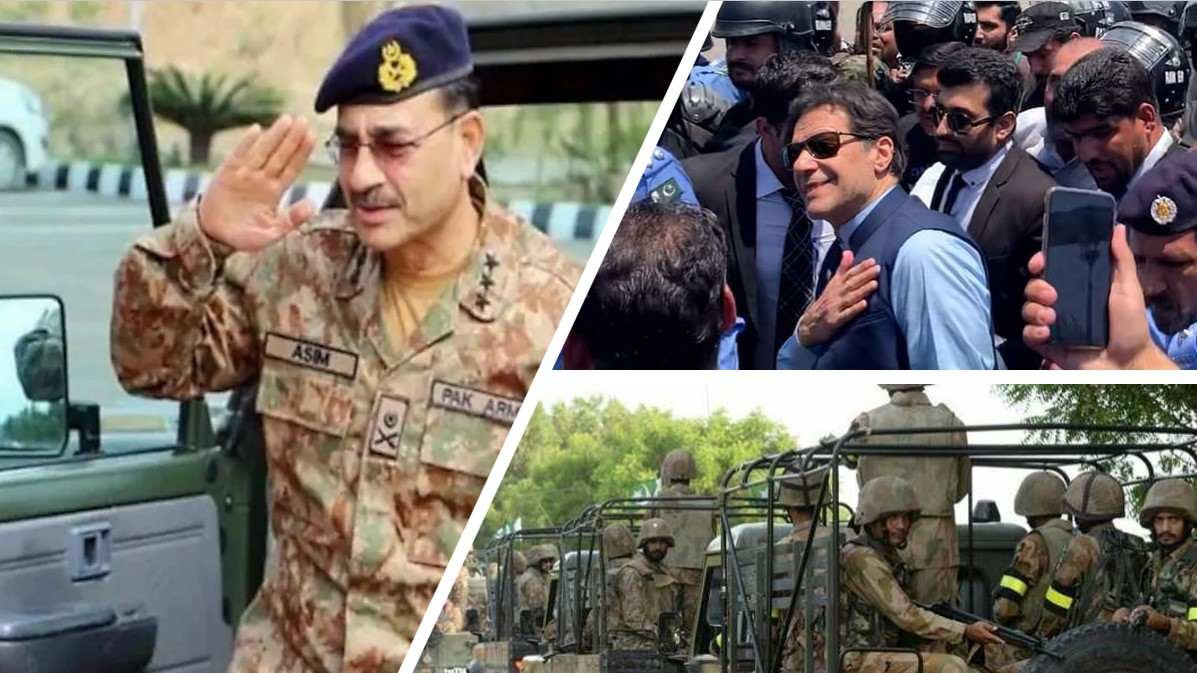
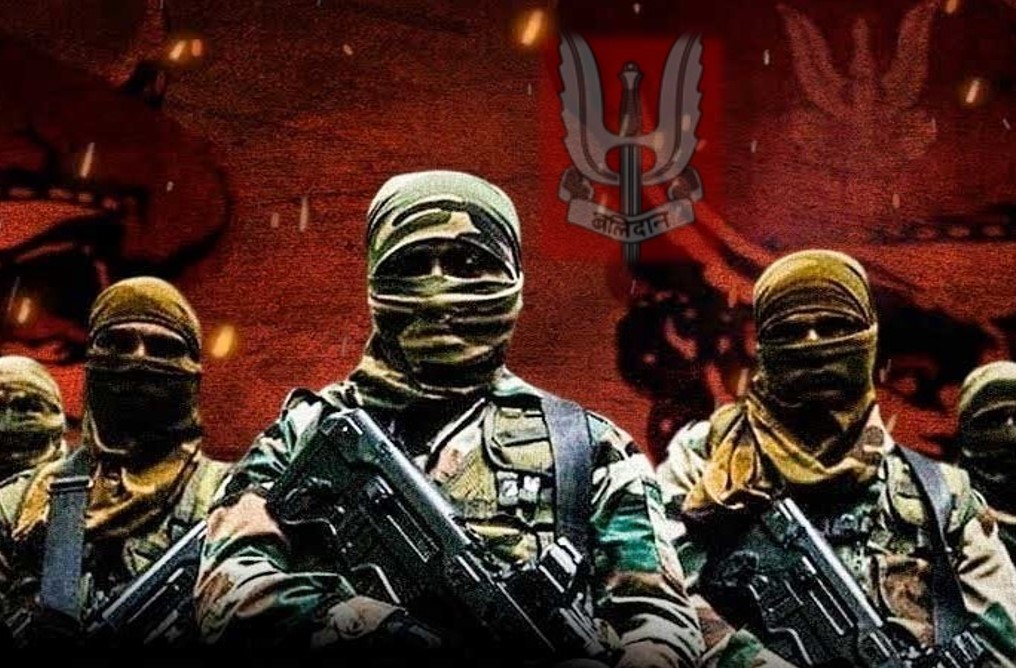
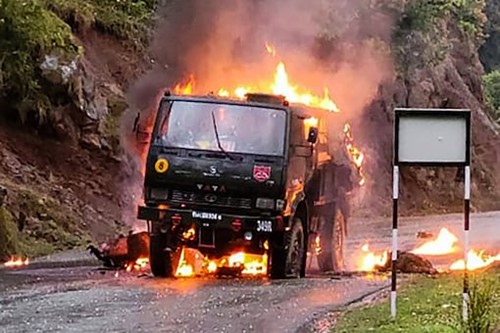

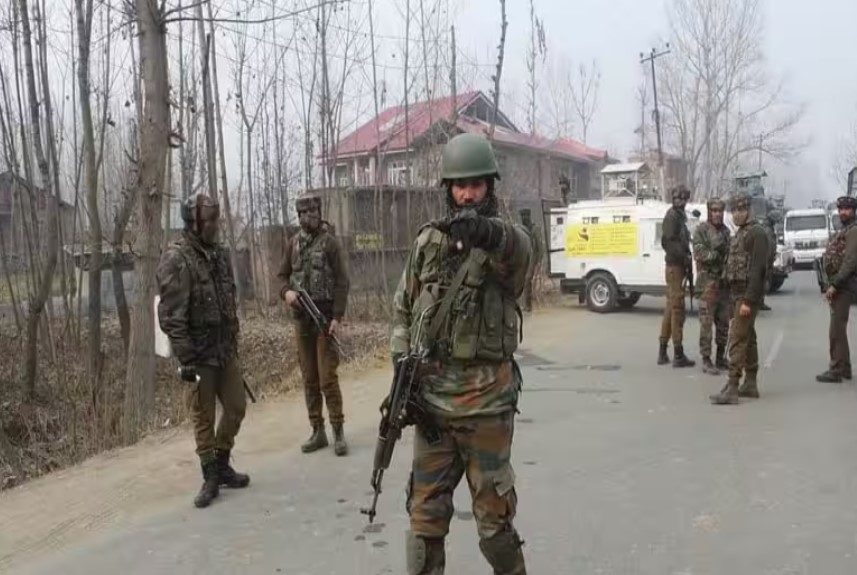
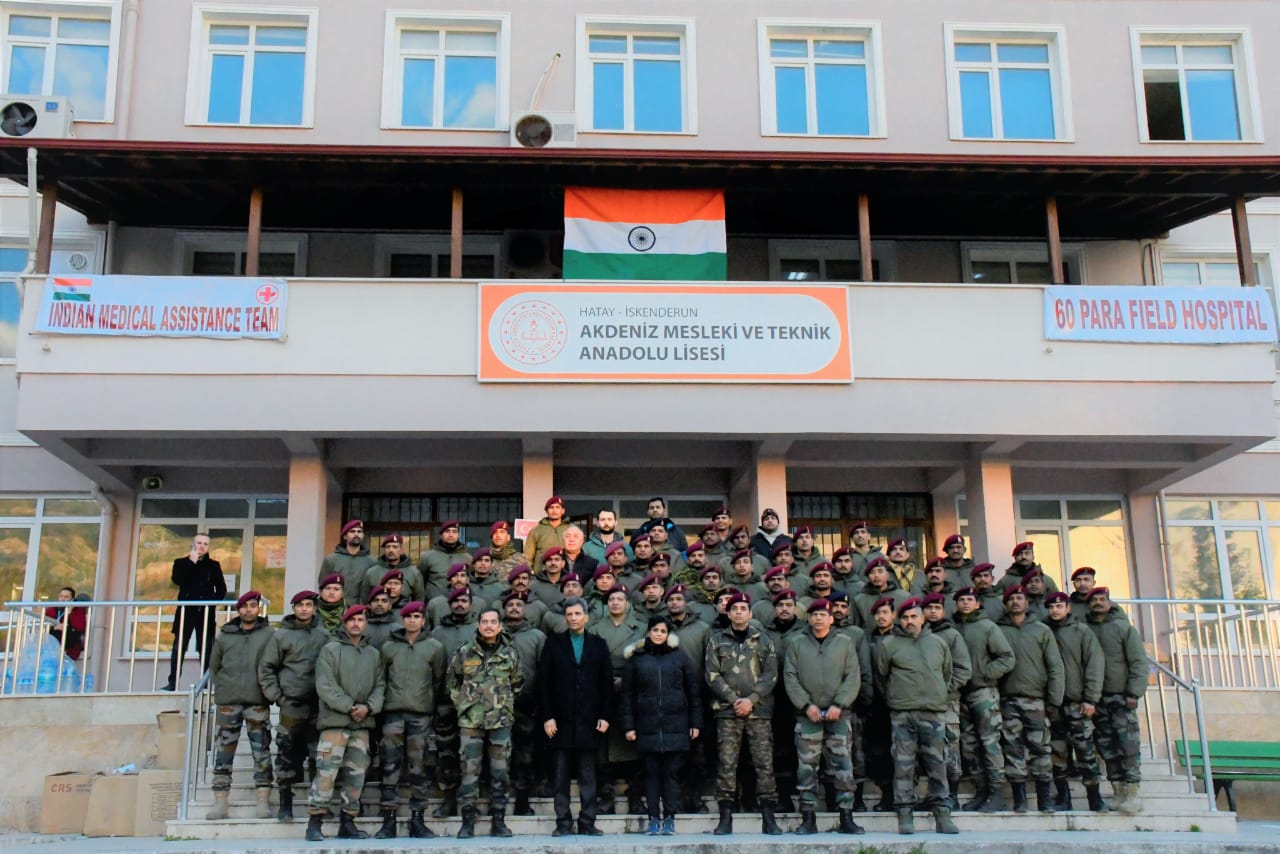
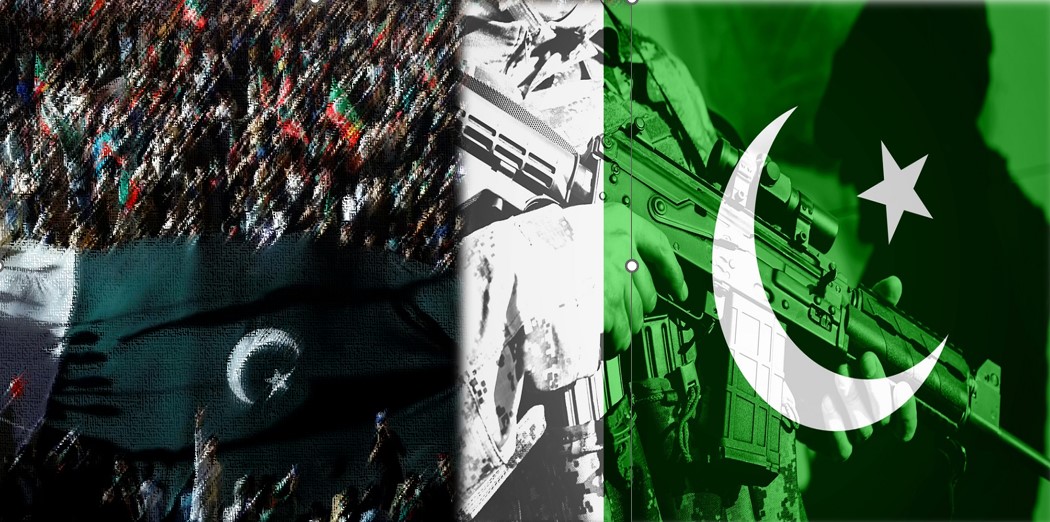






POST COMMENTS (6)
ASHOK IYER
Kalidan Singh
ASHOK IYER
Kalidan Singh
ASHOK IYER
Ivar